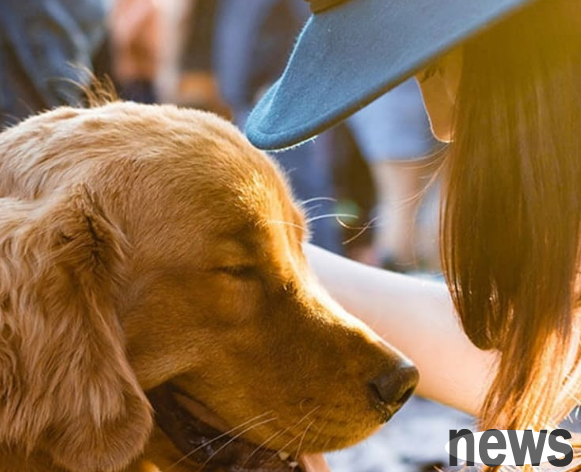The dog passed away, and my 25-year-old daughter lost her temper with me. Starting a week before the dog died, my daughter began to express strong dissatisfaction and doubts about my past care, medical treatment, and various food choices. She blamed me for the dog’s departure, as if the dog’s death was due to my improper care of the dog in the past fourteen years, my lack of caution when seeking medical treatment, and my lack of strict food choices.

I am very sad.
Because the dog’s 14 years were from the age of 11 to 25. During her youthful and most rebellious years, her daughter was often away from home, living on campus, staying overnight, and coming home late. After college, she lived on campus and was an exchange student abroad. When she was at home, she would play with the dog when she thought about it, but if she didn’t think about it, it would be like she had forgotten the existence of the dog.
When you are busy with exams, you may not even look at your dog for a week. When you are quarreling with your partner, you may not feed it for a week. Of course, every time my daughter plans to travel far away, go abroad, or even be an exchange student for a year and a half, she never thinks about what to do with the dog. It seems that as a mother, I will always handle it and take care of it.
But now in the end, the dog passed away, and my daughter yelled at me at the top of her lungs, saying it was my fault.
Of course, I don’t think it’s my fault, and I’m very sad, but what I’m even more sad about is how could this dog, which was once the most beloved dog in our family, leave such negative emotions in my daughter when she left? How could it trigger such strong and hateful words and attacks? To me?
“She is just sad, she is actually very sad, and she may be so sad that she needs to find an outlet.” The psychologist said.
This will be a lesson for the daughter as she grows up. If she is willing to face herself deeply and openly, face her regrets and losses, his reluctance and anger, and also face "the things she did not do well".
When facing the loss of a loved one, you may blame yourself, repeatedly blaming different objects, sometimes your family, sometimes yourself.
You may need to strongly blame others in order to prove that it is not your fault. You may also have a fierce argument with the family members of medical staff to prove that it is not your fault. You may also continue to feel self-blame and regret in order to prove that it is your fault.
Because in the face of loss, it seems that someone needs to be blamed. It’s hard for us to accept that loss itself is something that happens naturally.
Because we always feel that someone must have accelerated the loss, caused the loss, and failed to retain what was lost. Next, we will find that we have become cold and heartless, not crying on every occasion, not sad every time it is mentioned.
Because the self-protection mechanism gradually activates, telling us that "life still has to go on", the self-protection makes us sometimes calm and sometimes empty, as if we are dealing with a business matter, and sometimes we are strong as if we are watching what happens to others.
There are many kinds of emotional grief reactions:
Including sadness, loss, anger, anxiety and self-blame, and ultimately hoping to return to peace.
It is difficult to omit the process we need to go through before returning to peace. Only when we "accept" all the sad processes can we return to peace. If you insist on not allowing yourself to face and accept your own emotional ups and downs, it is like not treating the bandaged wound properly, but just covering it up. It will be easily opened with a light touch, and it will hurt at the touch.
